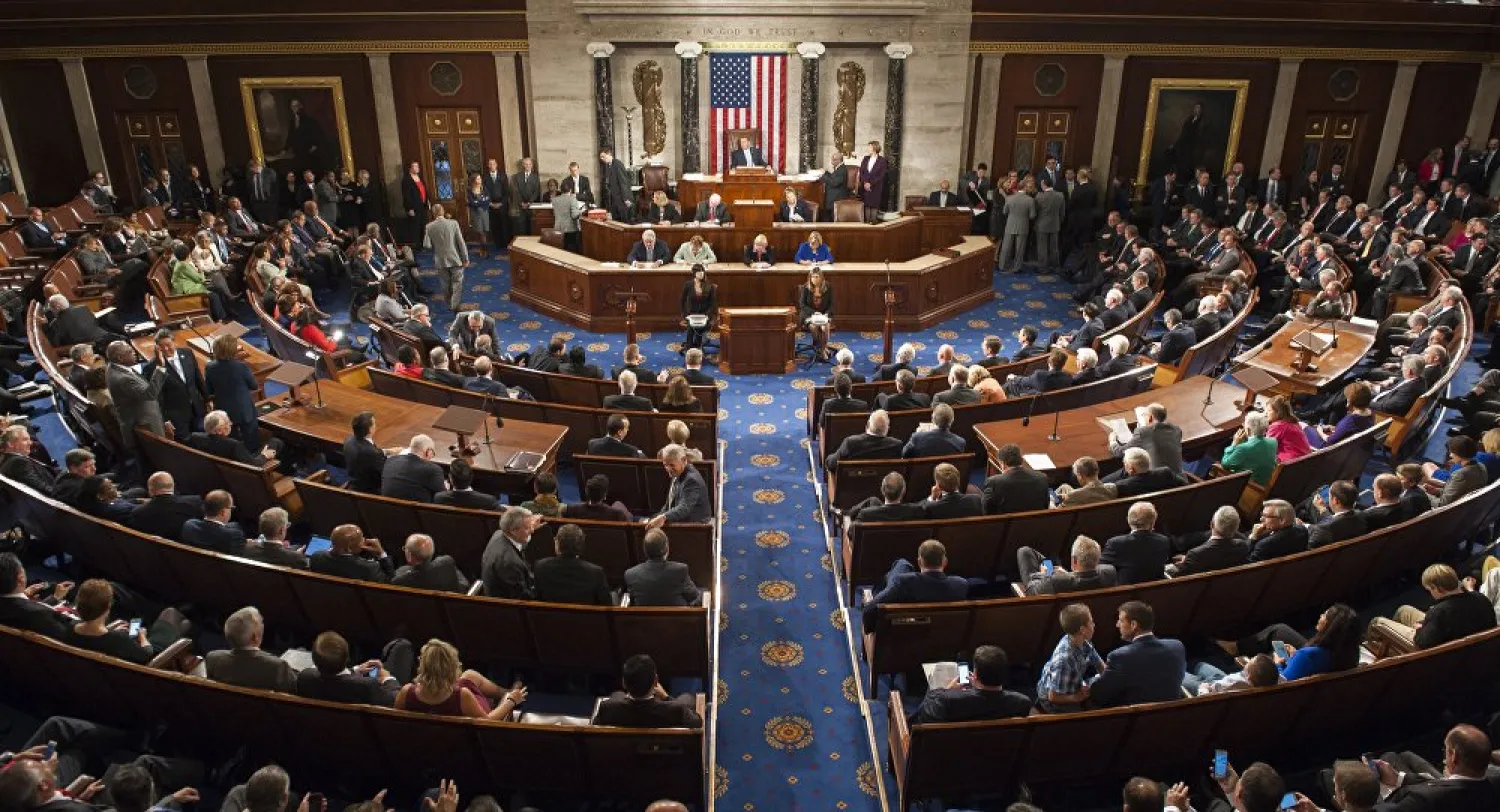US House of Representative Foreign Affairs Committee will vote on Thursday on legislation that tightens sanctions against Hezbollah, which is highly supported by both the Republican and the Democratic parties, according to informed sources.
Two bills were introduced by the committee's chairman Ed Royce along with Democrat Representative Eliot Engel.
The first bill restricts Hezbollah’s ability to fundraise and have access to the international financial system and deal with financial institutions, while the second bill condemns Hezbollah for using civilians as human shields during warfare.
The bills enjoy wide bipartisan support and are expected to pass unanimously. The committee passed a bill in 2015 to sanction Hezbollah without any opposition, and it is unlikely for the new bills to be protested.
Bill number HR 3329 suggests imposing mandatory sanctions with respect to fundraising and recruitment activities of Hezbollah.
Article 101 of the bill imposes sanctions on any foreign person that can be determined knowingly assists, sponsors, or, provides significant financial, material, or technological support for Hezbollah's: Bayt al-Mal, Jihad al-Bina, the Islamic Resistance Support Association, the Foreign Relations Department of Hezbollah, the External Security Organization of Hezbollah, al-Manar TV, al-Nour Radio, or the Lebanese Media Group, or any successor or affiliate.
The bill also dictates that any foreign person determined by the US President to be engaged in fundraising or recruitment activities for Hezbollah or a foreign person owned or controlled by a foreign person should be sanctioned.
Whereas HR 3342 imposes sanctions on foreign persons that are responsible for gross violations of the use of human civilians as human shields by Hezbollah.
The bill dictates: "Identification of foreign persons that are responsible for gross violations of internationally recognized human rights by reason of the use by Hezbollah of civilians as human shields, and for other purposes."
The bill also indicated that throughout the 2006 conflict between Hebzbollah and Israel, Hezbollah utilized human shields to protect themselves from Israeli counterattacks, including storing weapons inside civilian homes and firing rockets from inside populated civilian areas.
Hezbollah has rearmed itself to include an arsenal of over 150,000 missiles provided by the Syrian and Iranian governments. Hezbollah conceals the weapons in Shi’ite villages in southern Lebanon, according to HR 3342.
The bill requires the US administration to consider the use of human shields by Hezbollah as a gross violation of internationally recognized human rights and to officially and publicly condemn the use of innocent civilians as human shields by Hezbollah. It also asks the government to take effective action against those that engage in the breach of international law through the use of human shields.
It also asks the President to direct the US Permanent Representative at the UN to secure support for a resolution that would impose multilateral sanctions against Hezbollah for its use of civilians as human shields.









